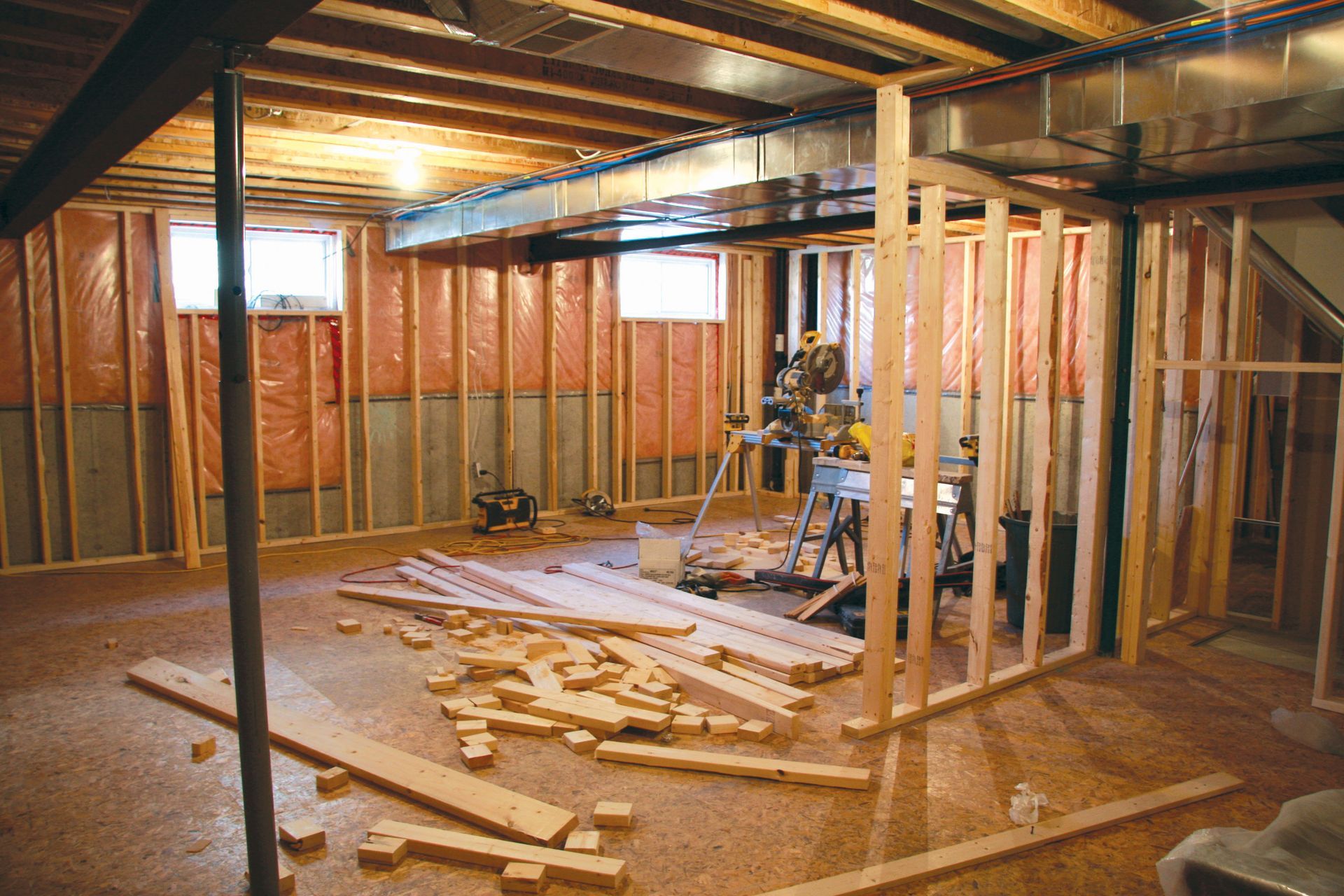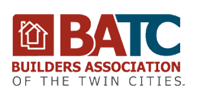September 17, 2025
Before starting any construction project, it’s essential to know the right questions to ask your construction contractor. Clear communication at the outset helps set expectations, minimize misunderstandings, and establish a foundation for a successful build. By asking thoughtful questions early, you can uncover potential challenges, align goals, and ensure that both you and your contractor are working from the same playbook. Whether you’re planning a new home, a commercial property, or a large-scale renovation, being proactive about these conversations will save time, stress, and money down the road. Since every project comes with its own complexities, addressing these questions upfront creates a framework for smoother collaboration and a stronger working relationship. Ultimately, the questions you ask before the build begins can make the difference between a project that struggles and one that succeeds.
Evaluate the Contractor’s Experience
Understanding a contractor's experience is vital. Their history with similar projects is a key indicator of their ability to meet your unique requirements. It allows you to gauge their expertise and ability to handle situations that may arise, specifically in projects similar to yours. Experience translates into knowledge and foresight. A seasoned construction contractor won't only troubleshoot effectively but will also offer innovative solutions. Employing someone who has encountered projects akin to yours ensures they have a well-rounded understanding of the potential pitfalls and challenges unique to your type of construction. It’s advisable to have a detailed discussion about their portfolio of similar projects to align your expectations with their service delivery.
Beyond reviewing their portfolio, ask specific questions about how they navigated challenges on past projects. For example, inquire about unexpected site conditions, design changes, or supply delays they may have encountered and how those were resolved. Their responses will reveal not only technical skills but also adaptability and professionalism under pressure. This insight can help you determine whether they’ll be equipped to handle inevitable bumps in the road during your project.
Check References and Past Projects
Requesting references and viewing past projects can offer invaluable insights into the quality of work a construction contractor delivers. Their past work serves as a testament to their craftsmanship and reliability. An effective way to evaluate potential contractors is to contact their previous clients. Direct testimonials provide a more comprehensive picture of what working with a specific contractor will look like. Investigating references offers an effective way to learn about the contractor’s strengths and weaknesses. Portfolio samples further enhance your ability to determine the contractor's suitability for your project. Portfolio reviews allow you to visualize the contractor’s style, attention to detail, and overall project outcomes. Considering their past and the satisfaction of previous clients can help in making an informed decision.
When reviewing references, ask previous clients about aspects beyond just the final product. Learn how the contractor managed timelines, handled communication, and responded to unforeseen challenges. Did they remain transparent about changes in cost or scope? Were they proactive in providing updates? These details can give you a realistic picture of what to expect in day-to-day collaboration, helping you feel more confident in your choice.
Clarify the Timeline and Project Schedule
A clear timeline and schedule set expectations for project delivery. Some projects can face delays due to a myriad of reasons; therefore, discussing the schedule with your contractor is crucial. By establishing a timeline, you also identify critical phases in the project that require your attention. A professional construction contractor will outline each phase of the project, providing a roadmap that directs not only their team but also helps you to know what to anticipate. According to Construction Dive, construction planning saw a 26% jump at the beginning of 2025; therefore, ensuring that your selected contractor can adhere to a timeline becomes increasingly important. This upsurge in planning highlights the essential role that an organized timeline plays in managing demand and ensuring project continuity without unexpected lags.
It’s also wise to ask how the contractor plans to mitigate delays if they arise. Weather, labor shortages, and supply chain issues can all cause setbacks, but a prepared contractor should have contingency plans in place. Establishing how adjustments will be communicated and agreed upon can prevent disputes later. This proactive approach helps ensure your project remains as close to schedule as possible, even when obstacles occur.
Understand the Cost Breakdown
It's necessary to understand the cost components of your project. A detailed breakdown of costs exposes potential hidden expenses, preventing financial surprises later on in the project. A transparent conversation about costs with your construction contractor fosters trust and cooperation. Clarifying all financial components upfront also encourages detailed documentation and accountability, which are critical for project success. Adequate planning on costs allows for effective resource allocation aligned with project requirements.
In addition to requesting a cost breakdown, ask about how the contractor handles change orders or unexpected expenses. Construction projects often evolve, and without a clear process in place, costs can escalate quickly. Understanding how modifications will be priced, approved, and documented gives you greater control over your budget. This step ensures that financial decisions are made collaboratively and transparently throughout the project. Ultimately, having clarity around both fixed and flexible costs will give you the confidence to manage your investment wisely.
Establish Clear Communication Protocols
Effective communication is central to a successful construction project. Before initiating your build, clarify how your construction contractor plans to communicate updates and handle inquiries. Consistent updates help maintain transparency and foster a collaborative atmosphere. Clients should feel confident that any issues or updates on the project will be promptly addressed. Opting for a contractor who prioritizes communication can keep you informed, minimizing surprises. With construction planning on an upward trend, clear communication becomes even more critical. Increased planning complexity requires articulate and frequent updates to manage evolving project dynamics successfully.
It’s helpful to establish preferred communication methods—whether that’s weekly meetings, email reports, or project management software. Defining expectations from the outset ensures you stay informed without feeling overwhelmed. This also helps your contractor remain accountable for timely updates. A well-structured communication plan strengthens trust and ensures that you remain a partner in the building process rather than just a spectator. When communication is consistent and transparent, it reduces stress, prevents misunderstandings, and ultimately keeps the project running smoothly.
Asking the right questions is key to a successful collaboration with your construction contractor. Without this critical signage, misunderstandings may steer your project off-course. By addressing these fundamental topics with your contractor, you lay the groundwork for a smooth and stress-free construction process. These discussions ensure that all parties have a shared vision and clear expectations. In an era of growing construction planning, an initial thorough consultation with your construction contractor becomes a pillar for project achievement. Careful due diligence provides the peace of mind and assurance needed for a successful construction project.
Ultimately, the combination of verifying experience, checking references, aligning on timelines, clarifying costs, and setting up strong communication protocols creates a comprehensive foundation for your project. Each question contributes to building trust and transparency, ensuring that your construction contractor isn't only capable but also committed to your goals. By investing time in these early conversations, you equip yourself to navigate challenges confidently and maximize the likelihood of a high-quality, on-schedule, and on-budget build. Contact Solid Ground Homes & Remodeling to learn more about our services today!




